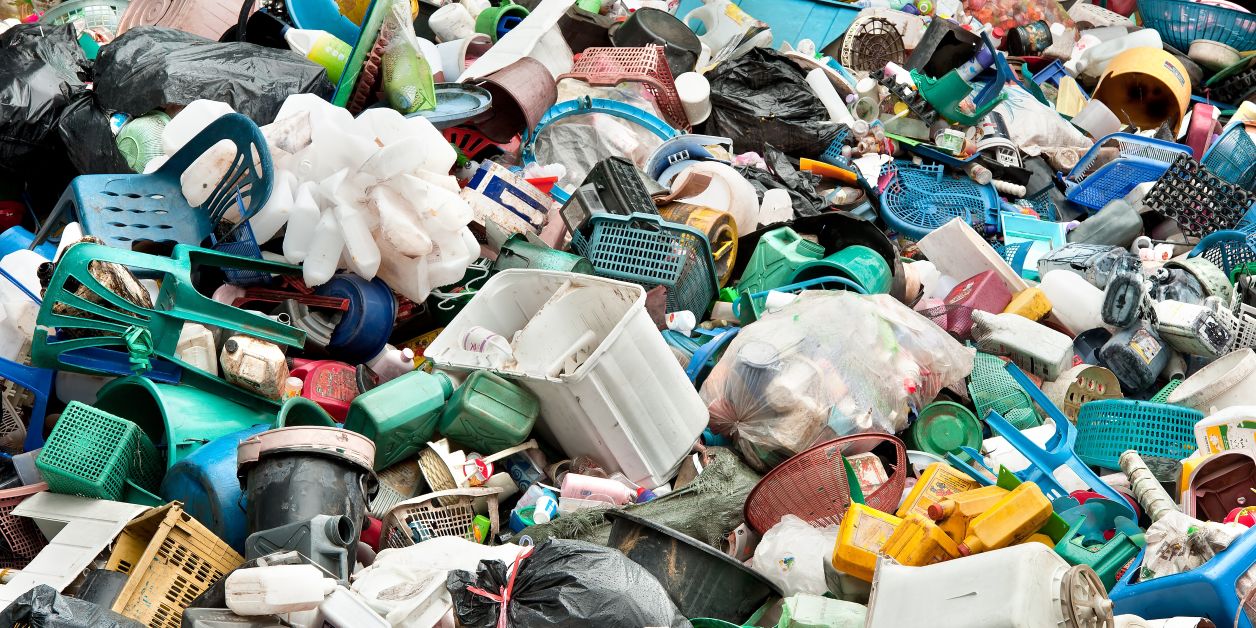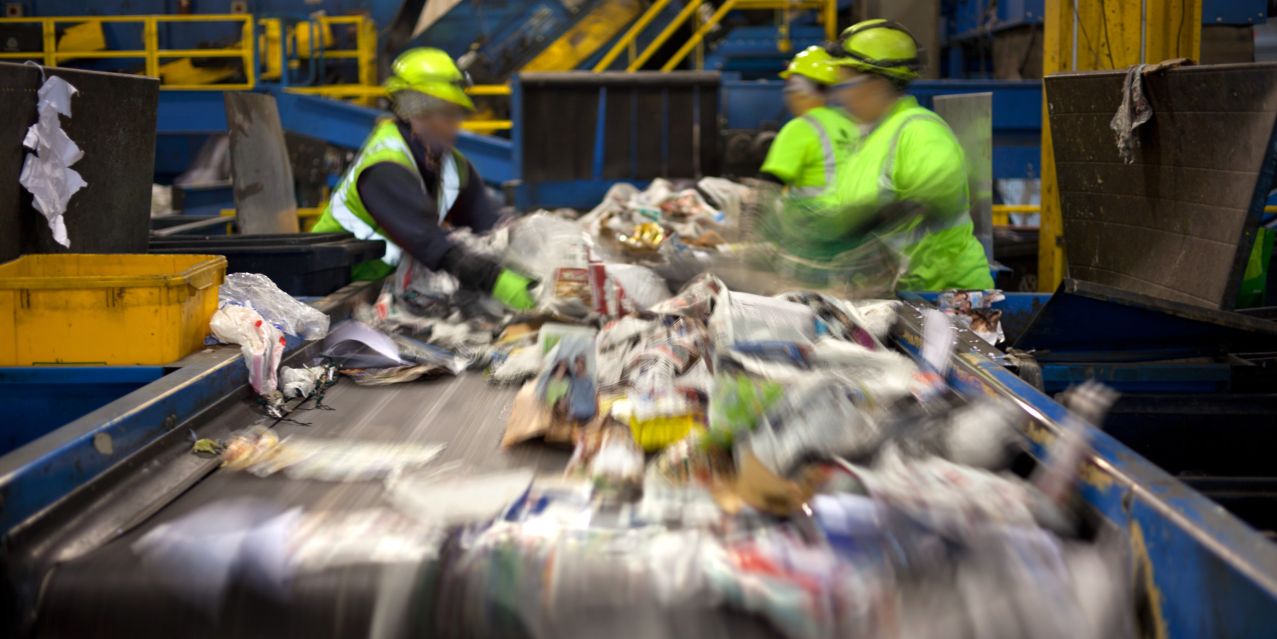As global momentum builds towards tackling plastic pollution, with the upcoming UN plastics treaty setting the stage, the consumer-packaged goods (CPG) sector plays a critical role in reducing plastic waste and strengthening recycling systems worldwide.
Transitioning to a circular economy for packaging is not only vital to advancing international climate goals but also crucial for staying ahead of evolving regulatory standards and rising consumer expectations.
This white paper, co-authored by Delterra and Systemiq, highlights key challenges and opportunities in packaging data that, if addressed, could drive significant progress in sustainable packaging and plastics management. Shifting toward shared, pre-competitive data solutions can also help CPG companies mitigate risks associated with reaching sustainability targets.

Key Findings
-
- Data Gaps and Fragmentation
The packaging sector lacks a reliable, centralized data system, leading to data inconsistencies across regions and organizations. This fragmentation limits the scalability of sustainable packaging solutions—companies individually making decisions and investing in recycling projects has proven financially wasteful, inefficient and has resulted in missed targets, such as those in the Global Commitment. - Regional Disparities in Recycling Infrastructure
Uneven waste management and recycling capacities across regions create challenges for CPG companies looking to implement consistent, global sustainable packaging practices. - Rising Regulatory and Consumer Expectations
With growing scrutiny from governments and consumers, companies face increasing demands to adopt sustainable packaging practices to comply with new policies and retain consumer trust. Missing or insufficient data puts companies at legal and financial risk, especially as regulations like Extended Producer Responsibility (EPR) demand greater accountability. - Environmental and Economic Costs of Packaging Waste
Low recycling rates for plastic packaging contribute to greenhouse gas emissions and environmental degradation, underscoring the urgent need for a coordinated, circular approach to packaging.
- Data Gaps and Fragmentation

Key Recommendations
- Build a Global Data Platform
Establish a centralized, high-quality data system that standardizes packaging metrics across companies and regions, empowering companies to make informed decisions and proactively address regulatory requirements. Democratized access to data will also increase the likelihood that similar formats will have similar solutions—creating enough scale for solutions that enable the right infrastructure. - Drive Cross-Sector Collaboration
Strengthen partnerships across private, public and NGO sectors to establish shared sustainability standards and frameworks that align with the objectives of the UN plastics treaty. Pooling resources can maximize recyclability potential and reduce financial waste. - Invest in Localized Solutions
Adapt packaging strategies to reflect local recycling infrastructure, ensuring designs are compatible with real-world conditions to maximize material recovery, particularly in the Global South. - Adopt Climate-Sector Data Approaches
Leverage best practices from climate data initiatives, including AI-driven analytics and shared data models, to enhance transparency, efficiency and impact in the plastics sector.
By prioritizing data-driven solutions and fostering cross-sector cooperation, the packaging industry can lead the shift towards a sustainable circular economy, meet regulatory and environmental objectives, and tackle plastic pollution with a unified front.
If your organization is interested in helping to power this shift, we invite you to contact the team to explore opportunities.
Download the White Paper: How data, digital and AI enable circular packaging and waste systems change

